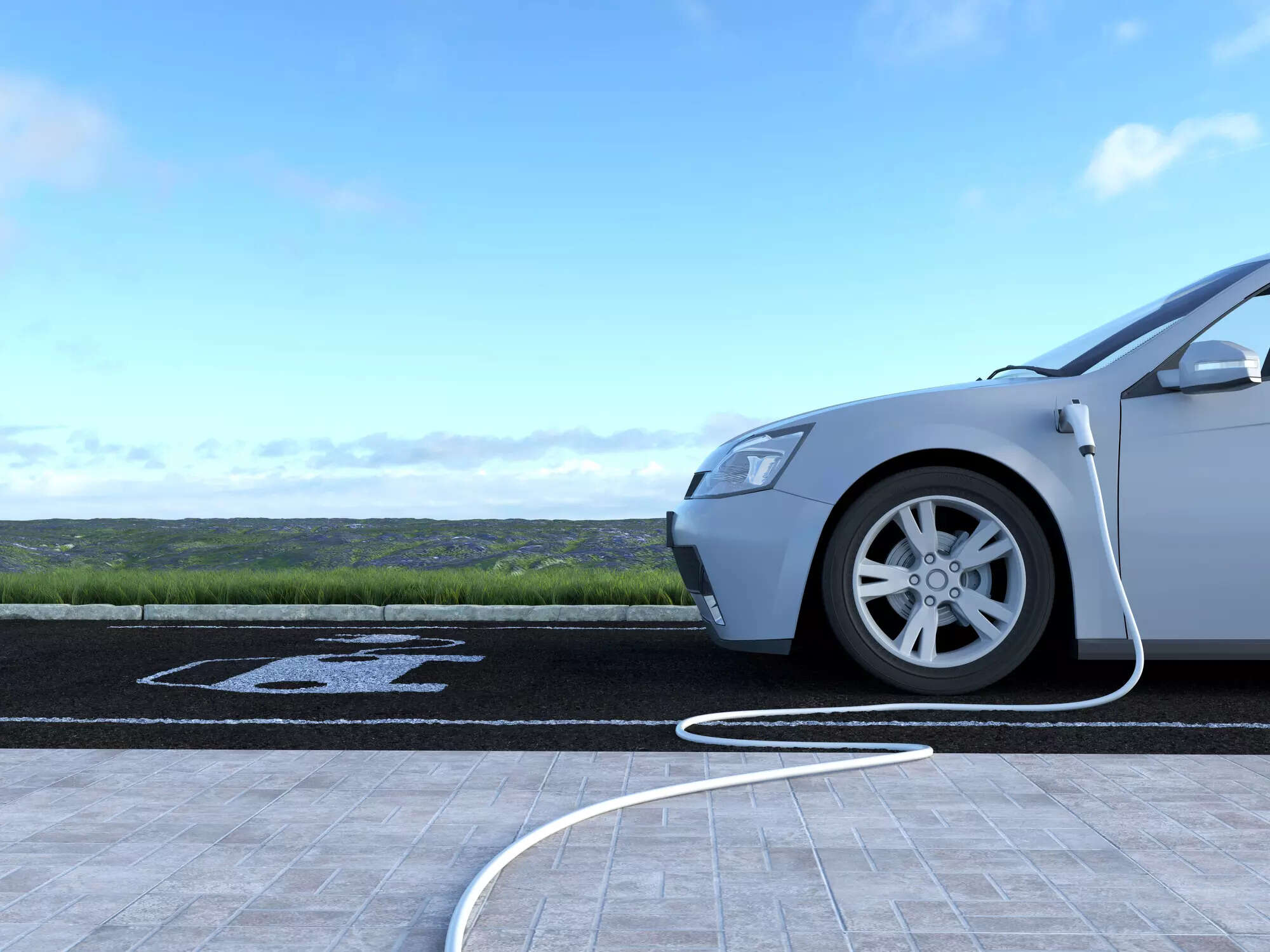
A group of tech companies has flagged certain proposals envisaged in the Delhi government’s draft aggregator policy floated last July, which seeks to convert cabs and delivery fleets in the national capital to electric vehicles in a phased manner.
Industry body IndiaTech, which represents companies such as Ola, Zomato and Zepto, has argued in its representation to the Delhi government that the implementation of the policy could create a burden on delivery executives and cab drivers who own or rent vehicles.
For two-wheeler delivery fleets, the Delhi government has proposed 10% EVs in the fleet within six months of the notification, leading up to 100% EV fleet by April 1, 2030. For cab aggregators, 5% of their four-wheeler fleet will have to be EVs within six months of notification. The policy is yet to be notified by the Government of National Capital Territory of Delhi.
The draft policy also envisages imposing a penalty on the aggregators for failing to meet these targets. In its submission to the Delhi government last week, IndiaTech has also said that provisions of the draft policy could impact 11 million gig workers in the Delhi-National Capital Region, and “lead to a trade-off between two sustainability verticals — livelihood and environment”.
The industry body has estimated that there are more than one lakh gig workers in the Delhi region, of which 35-40% are part-time workers -meaning they are taking up delivery work in their free time after their primary jobs.
“Given that the EV supply infrastructure is still nascent in Delhi, the policy has the potential to create a demand-supply disparity. Financing is limited — despite central and state subsidies, EVs (electric two-wheelers) are (priced) approximately Rs 60,000-70,000. Retrofitting is approximately Rs 20,000-30,000. These are steep figures for delivery executives, who use their household vehicles to undertake gig work,” the body wrote in its submissions.
It has recommended lowering the two-year onboarding target to 10-15%, along with seeking increased efforts from the government to facilitate the supply infrastructure.
Alongside proposing the shift to electric vehicles, the draft policy says aggregators could be penalised with a fine of Rs 50,000 per vehicle for operating or managing conventional vehicles in Delhi.
“The cost of compliance (as well as non-compliance in the form of penalty) might trickle to the sellers and merchants, adding to their loss of revenue and jobs. It must also be noted that the steep EV target might not be feasibly met, resulting in monetary penalties. Even these will trickle to sellers, merchants and end consumers,” the representation made to the Delhi government said.
An executive at a food-delivery company said because of the asset ownership model deployed by most aggregators, where the delivery executives own their vehicles, it is difficult for companies to implement the proposed provisions as per the “aggressive timelines”.
Infrastructure readiness
Certain aggregators that primarily operate or manage fleets of non-electric vehicles have already started work on adding EV capacity. For example, food-delivery and restaurant discovery platform Zomato has set a target of 100% EV adoption by 2030.
In the shareholders’ letter for its September-quarter earnings, Zomato chief executive Deepinder Goyal said: “We are also progressing well on our efforts to electrify our last-mile delivery operations. We have signed seven partnership agreements with leasing, swapping and charging players to progress on our commitment to achieve 100% EV-based deliveries by 2030.”
Cab aggregator platforms Ola and Uber have begun pilot programmes to deploy electric vehicles in their fleet.
The industry body has also flagged the potential issues delivery executives having EVs might face, particularly the necessary charging and swapping infrastructure, and dealing with range anxieties.
Those operating EV fleets also pointed out the need for companies to solve for charging infrastructure. Talking to ET, BluSmart cofounder Anmol Jaggi said the company depends on its own charging infrastructure that it installs and manages to ensure disruption-free operations.
BluSmart operates a fully electric vehicle fleet in Delhi-NCR and some parts of Bengaluru.
“From day 1, we have not been dependent on public charging infrastructure. Three years ago, and even now, we know that public infra won’t be sufficient to support the kind of operations we want to run. It cannot support the thousands of fleet cars that we have. Neither are sufficient in quantity nor are they good in terms of reliability,” Jaggi said. “Other cab aggregators who plan to go electric will have to solve for charging”.
“Driver partners make money only if the car is on the road for a given number of hours in a day. But that will be difficult if they spend their time looking for chargers, waiting in queues or facing reliability issues with charging points,” he added.
Also Read:
